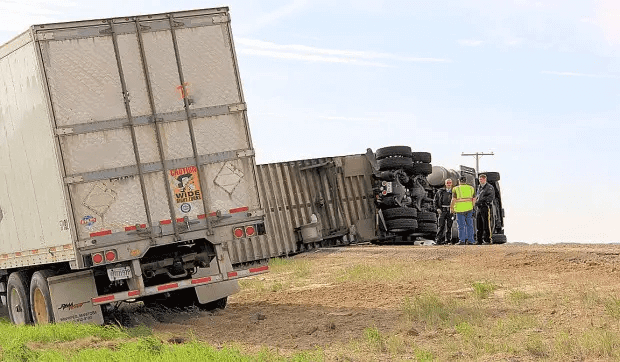
Are New Privacy Rules Crippling Your TMS?
“The death of cell-phone based freight tracking”
By Matthew Meeks
Fleets of all sizes want to know where their trucks and shipments are, and with good reason! Various “track and trace” solutions have been implemented – The most popular being the pinging of mobile devices and tablets. Mobile pinging is used to monitor a user’s mobile device and track its location. It has allowed owner-operators to avoid paying for the setup of expensive freight monitoring infrastructures.
Many companies still rely solely on mobile pinging without the use of any mobile apps, but this option is quickly becoming a thing of the past. The death of cell-phone based freight tracking is truly among us as more people become conscious of their digital privacy…and telecom service providers are responding.
“Sprint and AT&T have already stopped sharing location data, with T-Mobile announcing that it will stop sharing by the end of March (2019). I believe Verizon will follow suit shortly thereafter,” said Jason Traff, president and cofounder of Shipwell.
Telecom service providers initially started sharing its customers data for safety purposes like emergency services. This snowballed into eventually offering data to law enforcement and government agencies who began using the data to track people without their knowledge or consent. Hence, the government scrutiny we’ve seen in recent years.
We’ve all said or heard the, “I don’t want “big brother” breathing down my neck while I’m trying to do my job.”
Real-life example:
Back in 2011 the company, Tom-Tom, was collecting data from drivers using their GPS devices. They were then selling the data to law-enforcement. This data included areas which saw the most cases of speeding. Police then used the information to create speed traps to ticket more drivers in these areas. Tom-Tom ended up halting the distributing of its customer’s data and apologized.
Many transportation management systems [TMS] still rely on cell-phone based pinging to offer fleet tracking automation. With pinging being phased out, it creates a major challenge:
Advances in technology have been a crucial part in revolutionizing the trucking industry in recent years, so taking a step back in terms of visibility and tracking solutions creates a counterproductive threat to the operation processes of shippers and 3PLs.
Not all hope is lost though… Sure, app-less mobile pinging will soon be a thing of the past, but there are still app-based solutions like Transflo Mobile+. This is an app that fully integrates with Transflo electronic logging devices [ELDs], while also offering telematics and Command Center dashboard premium upgrades.
And don’t get rid of your TMS…
…Transflo Mobile+ integrates with your TMS and works as an enhancement (no need to redo your processes). The app works to counter the lost tracking abilities that the new privacy rules have created for your TMS. “So, whether you have the Transflo ELD or just Transflo Mobile+ you can get location tracking as needed while still giving privacy control to the driver when using their personal device, said Salem Elnahwy, Chief Technology Officer of Transflo. “We’re also working on options to allow drivers with personal devices to pause tracking when not working.”
After all is said and done…if you think about it, the changes and new limitations to your TMS are really a blessing in disguise. Integrating an innovative mobile app with your system, creates a workflow with more tracking abilities, more data, more options, and loads more possibilities.
Now that’s trucking awesome!



